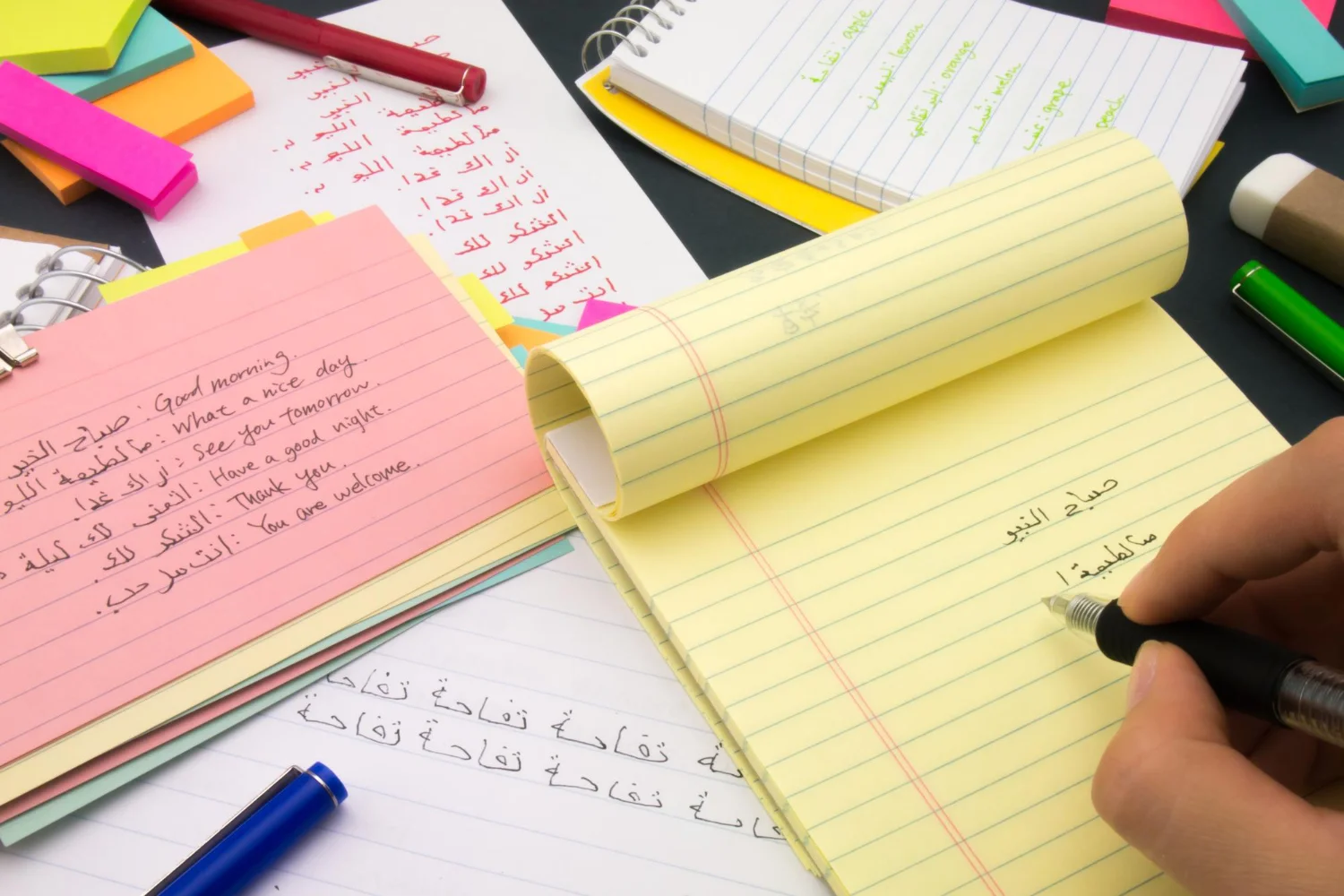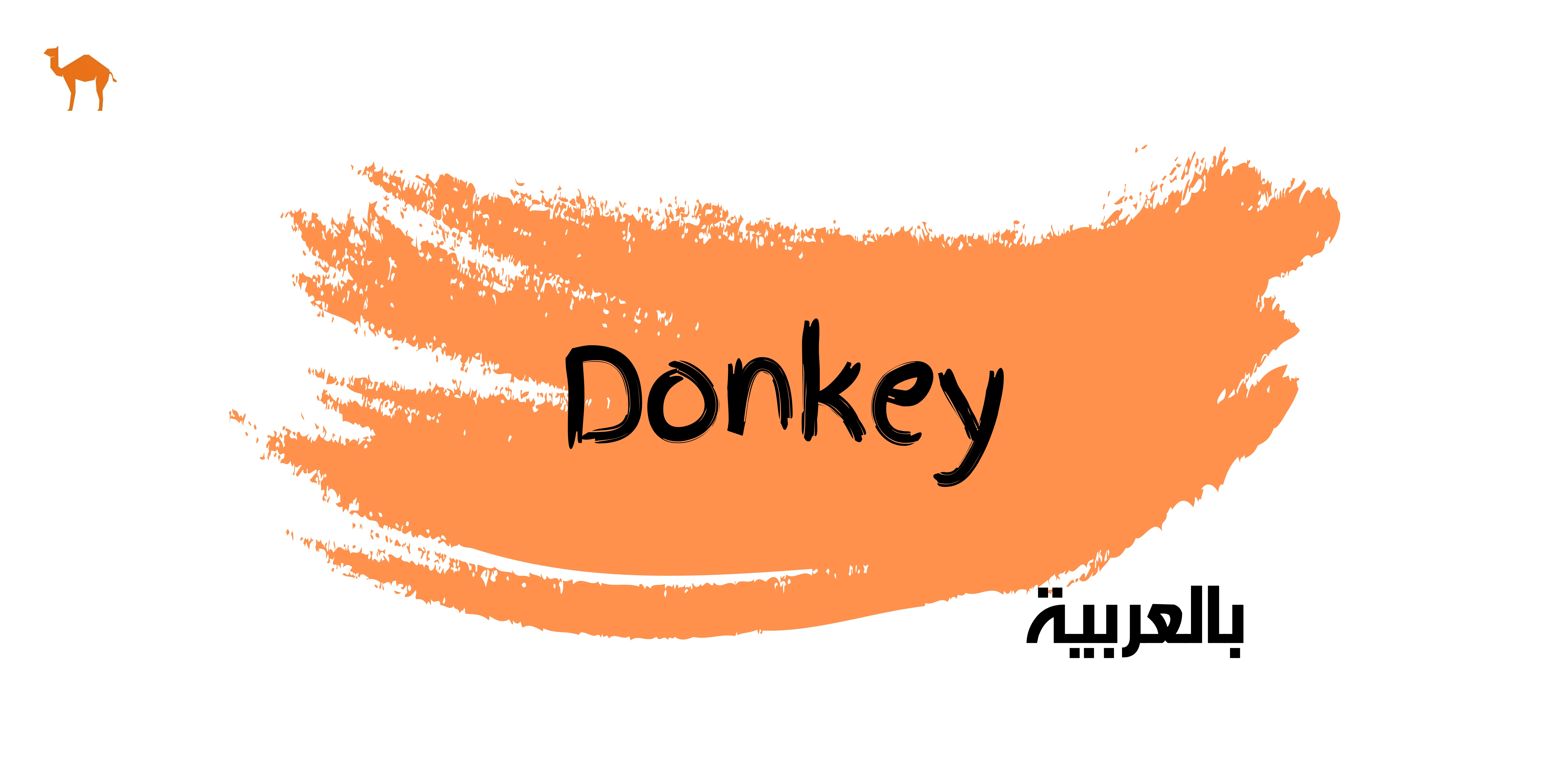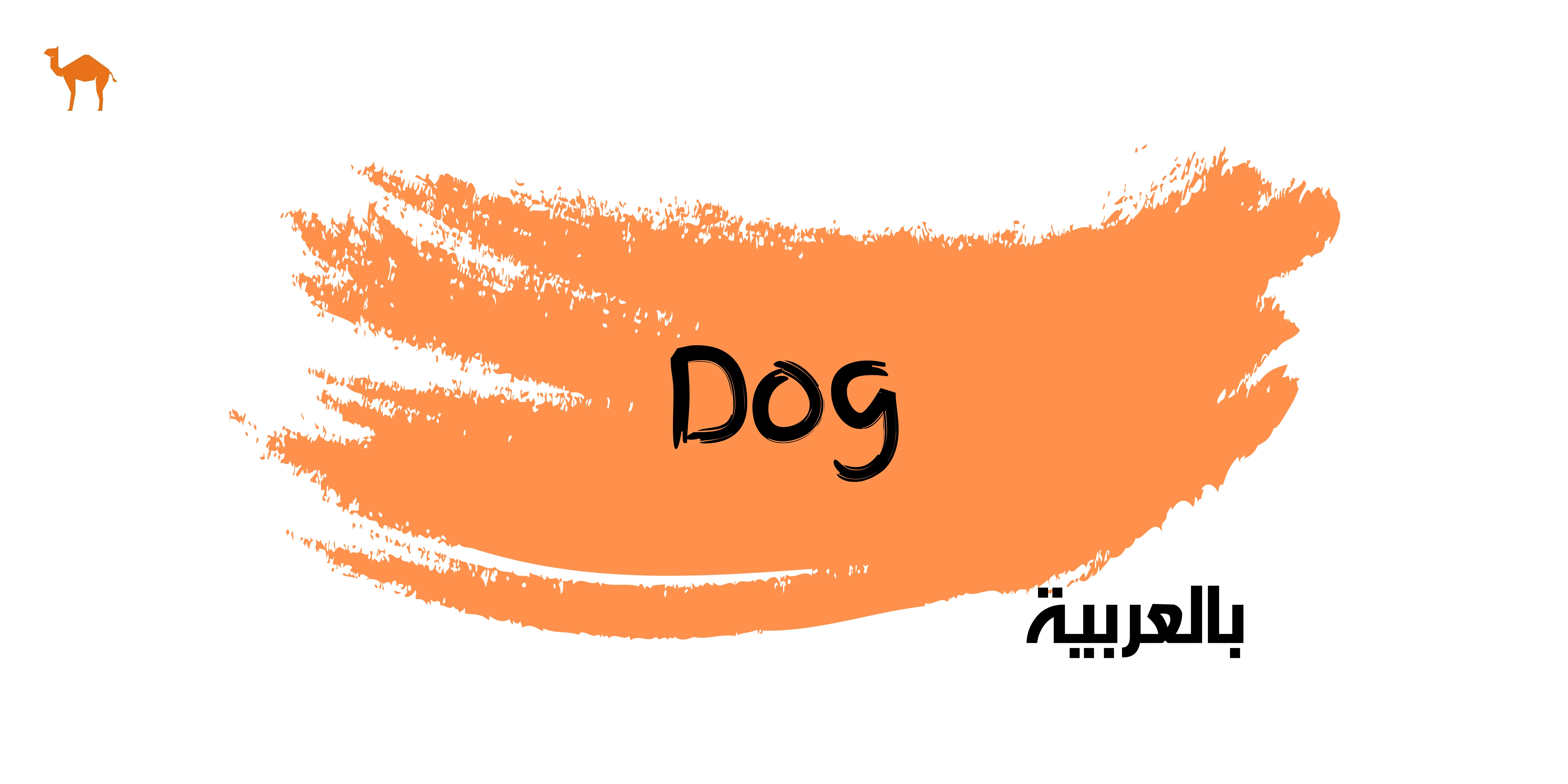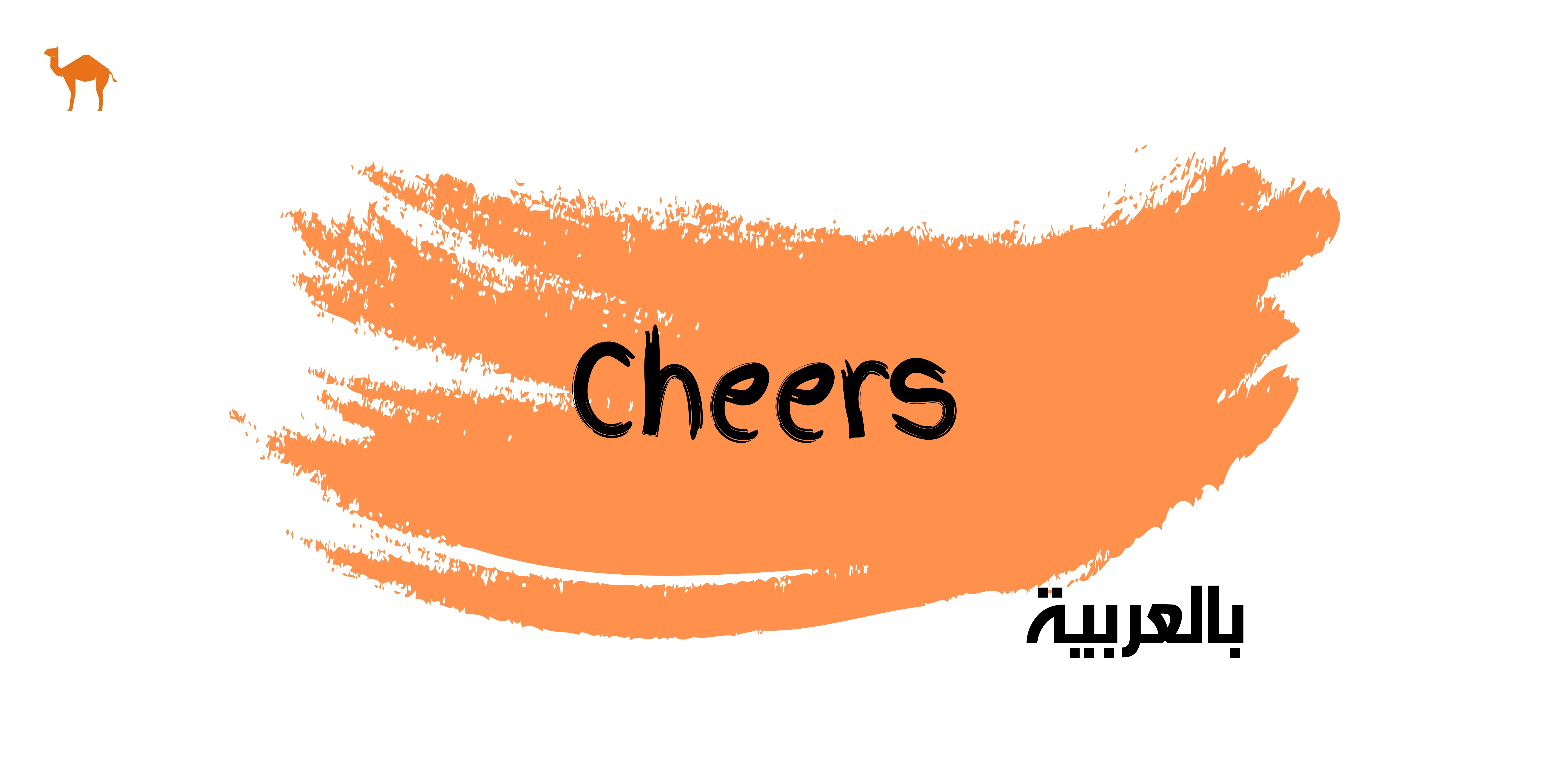5 Tips on How to Learn Arabic Fast

Learning a language through immersion is one of the most effective and quickest ways to pick it up. This means regularly speaking Arabic and conversing with native speakers either in person or virtually, especially while visiting an Arabic-speaking country. For learners seeking a clear answer to the question "How to learn Arabic fast?", this article will provide the necessary information. Keep reading!
How to learn Arabic fast?
The majority of literature, press, and media use Modern Standard Arabic (MSA) because it is necessary for any product that has a global consumer base. However, the Quran is written in classical Arabic. Becoming an expert in every facet of Arabic requires a drawn-out process that would take years of study and several Arabic courses. However, focusing on a specific goal such as learning contemporary literal Arabic can help you achieve fluency in the language quickly and efficiently while reaching your objectives.
Five Tips to Learn Arabic Quickly
We have compiled a list of five tips as answers to your question on "How to learn Arabic fast?" as follows:
Join Online Classes
If you're unable to afford Arabic language classes, don't lose hope. There are several free online courses available that you can take advantage of. One of the better solutions is to hire a private tutor from eArabic.io, which comes with several benefits, such as:
- Online or in-person instruction is available.
- The ideal option for someone who learns best with customized lesson plans is one-on-one instruction.
- It's also a fantastic choice for anyone who wants to learn Arabic fast and fluently.
- Ideal for people who want to study Arabic but have limited financial resources.
- Pronunciation mistakes can be rectified with the assistance of an appropriate teacher.
Make an Arabic Learning Journal
Language learning journaling is such a creative way to keep track of your learning steps and a helpful tool to maintain how to learn Arabic fast. It is helpful to keep a notebook of new words that you learn daily. However, noting down every Arabic word you come across may become overwhelming. Instead, focus on specific words and phrases that seem interesting and can be used in daily interactions. Maintaining a vocabulary diary can help you set targets and learn new words every week. It's recommended to use a small and easy-to-carry journal.
Create a Schedule
Becoming proficient in Arabic requires time and practice. You can achieve this by setting small goals and defining your motivations from the start. You may be learning Arabic for classes, jobs, or to travel to Arabic-speaking countries. Create a schedule and dedicate at least half an hour every day or a couple of hours a week to learning the language.
Use a Comprehensive Approach
At eArabic, we offer a comprehensive approach to learning the Arabic language. Our courses incorporate various teaching materials, such as coursework, audio, written materials, videos, conversations, media publications, and more. We use real-life interactions to help you master the alphabet, vocabulary, and speech patterns, providing one-on-one tutoring, group lessons, downloadable material, and more. Our courses are designed to cater to any level of proficiency, and you can choose the approach that works best for your strengths. In conclusion, eArabic provides the most effective approach to learning Arabic online and it has the feature of flexibility, so you determine when you begin and how quickly you want to study.
Maintain Repetition and Consistency
Consistent learning helps you learn faster and retain information better. The key to mastering Arabic is practice, repetition, and consistency. You must keep learning new words, listening to Arabic songs, watching and translating Arabic content, and conversing with Arabic speakers. Consistent practice is crucial. The spaced repetition technique can help you remember specific terms that will stay with you for a long time. It's important to stick to your learning schedule and not postpone your goals. Remember that consistency is key to success in maintaining how to learn Arabic fast.
Frequently Asked Questions | How to Learn Arabic Fast
How can I learn Arabic quickly?
We can learn Arabic quickly by Practice, repetition, and consistency.
How long will it take to learn Arabic?
A minimum of 2200 hours will be taken to learn Arabic.
Is Arabic hard to learn?
Yes, Arabic is the second most challenging language for English speakers to master.
Which Arabic is easiest to learn?
Egyptian Arabic is the easiest to learn.
What is the hardest Arabic to learn?
Maghrebi Arabic is the hardest Arabic to learn.
Can I learn Arabic in 3 months?
Yes, acquiring proficiency in Arabic in just three months is a challenging but feasible objective with the appropriate approach and dedication.
What is the longest Arabic word?
The longest Arabic word is "فَأَسۡقَيۡنَٰكُمُوهُ" was mentioned in the Holy Quran means “and We gave it to you to drink”
At eArabic.io, the focus is on Modern Standard Arabic, with optional Arabic language classes in dialects such as Egyptian, Lebanon and Moroccan. Book a free Arabic lesson now!


